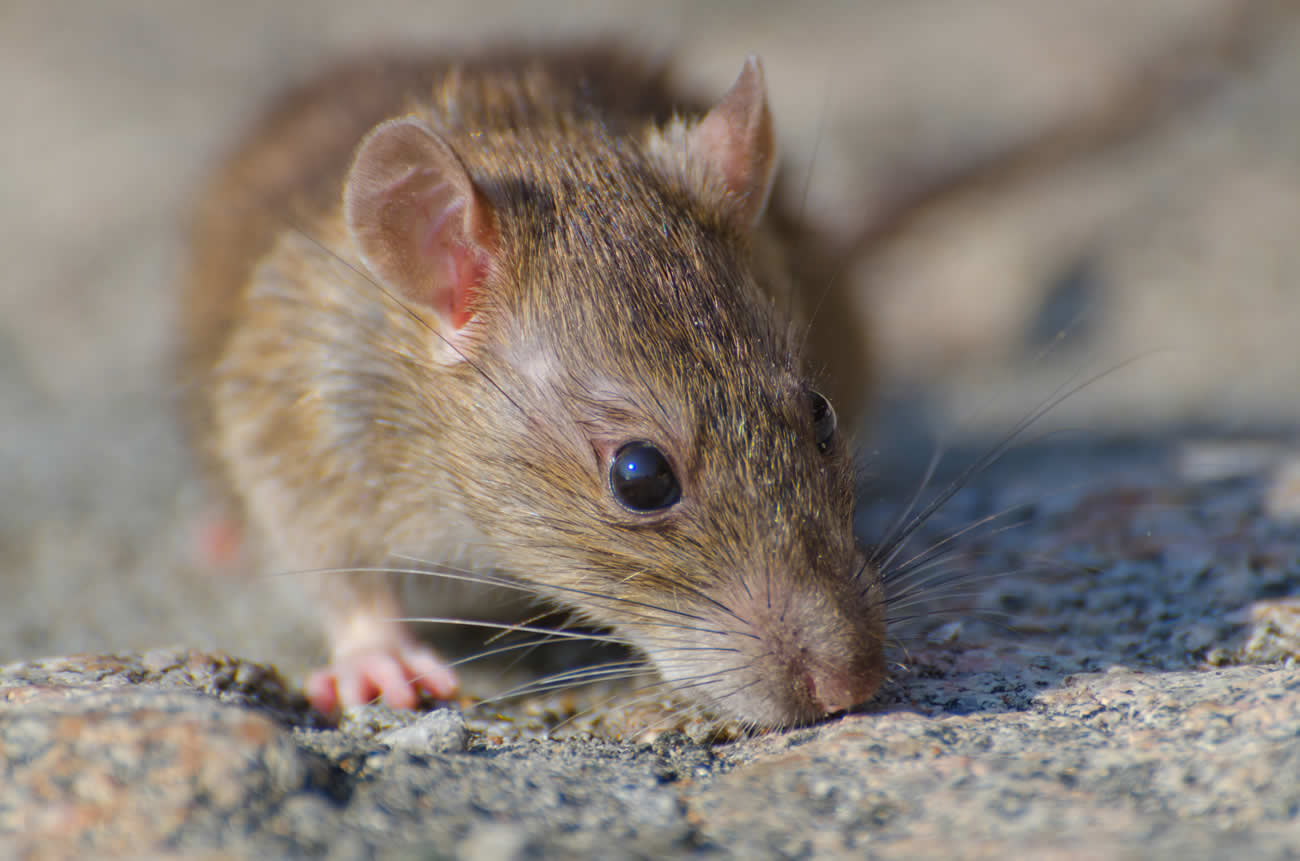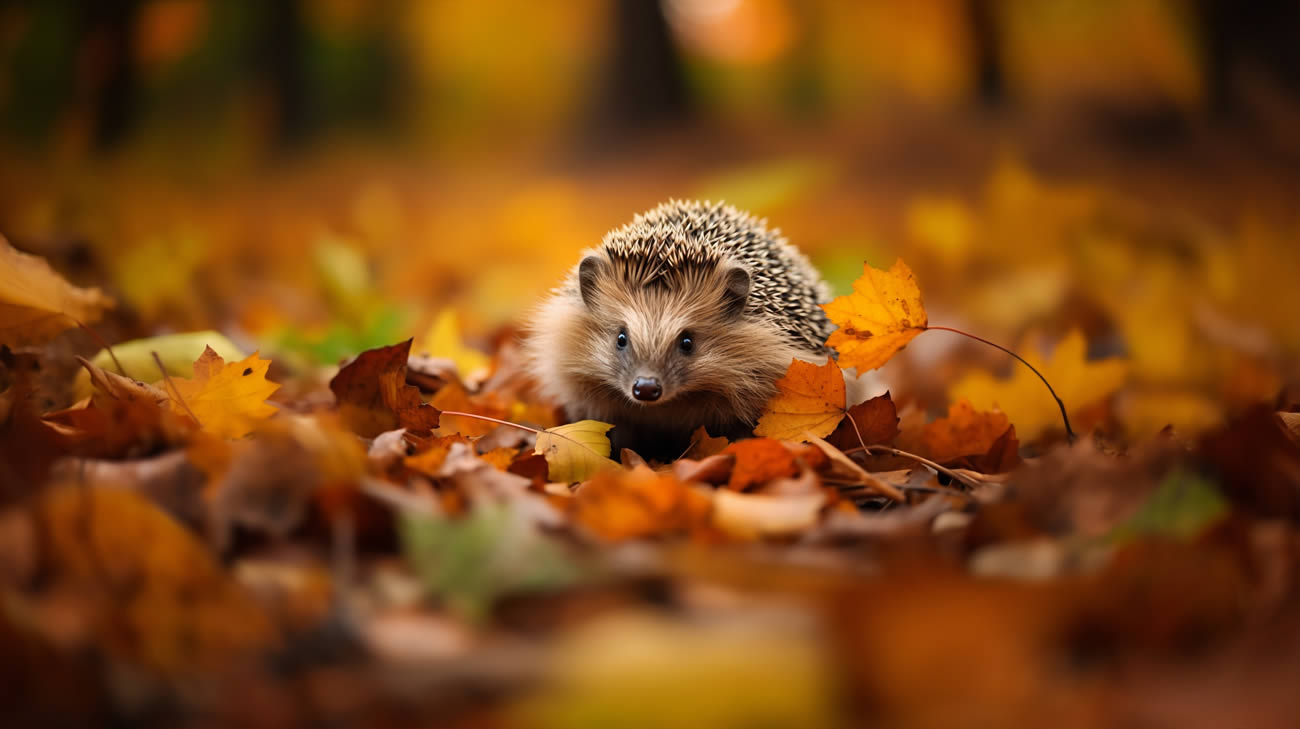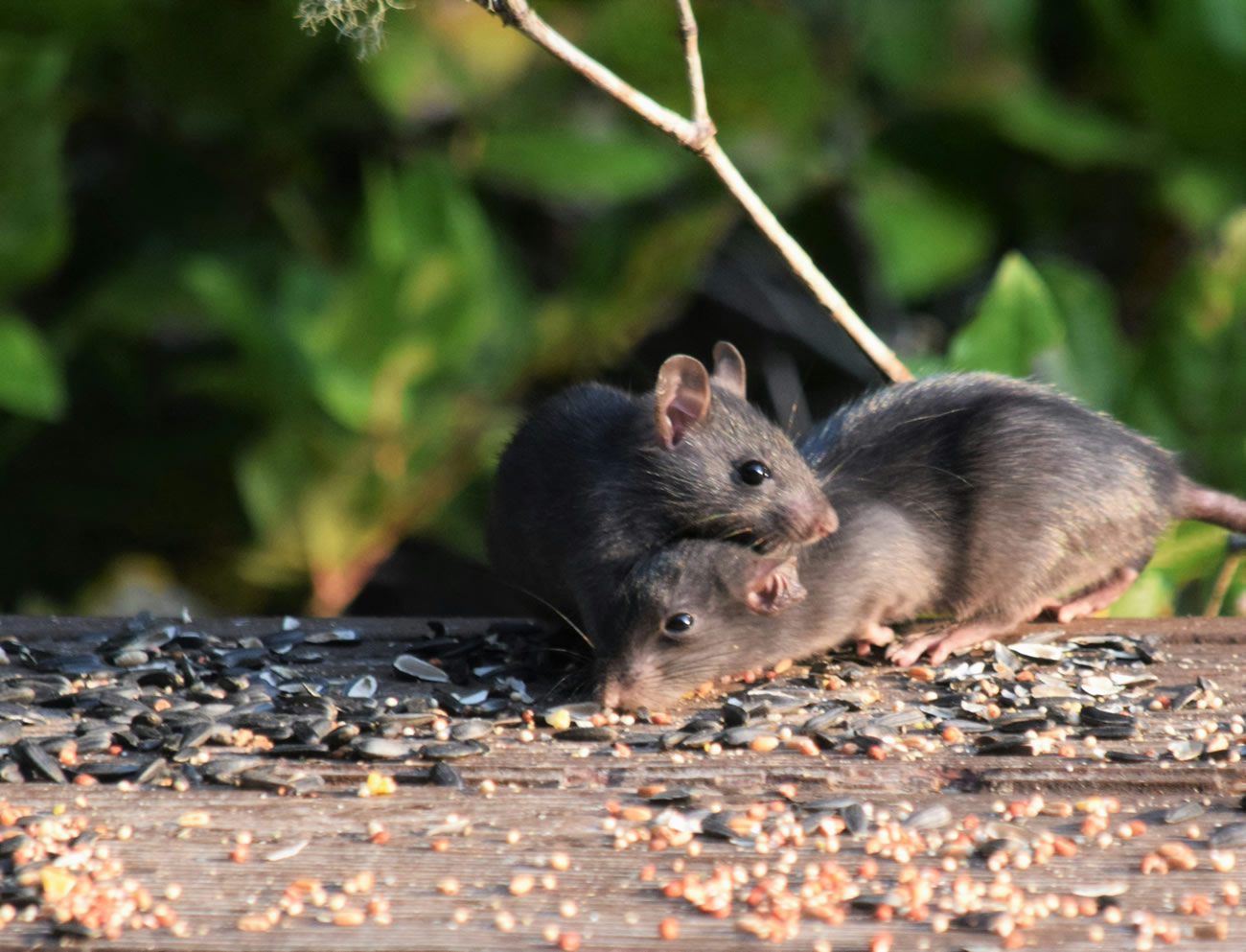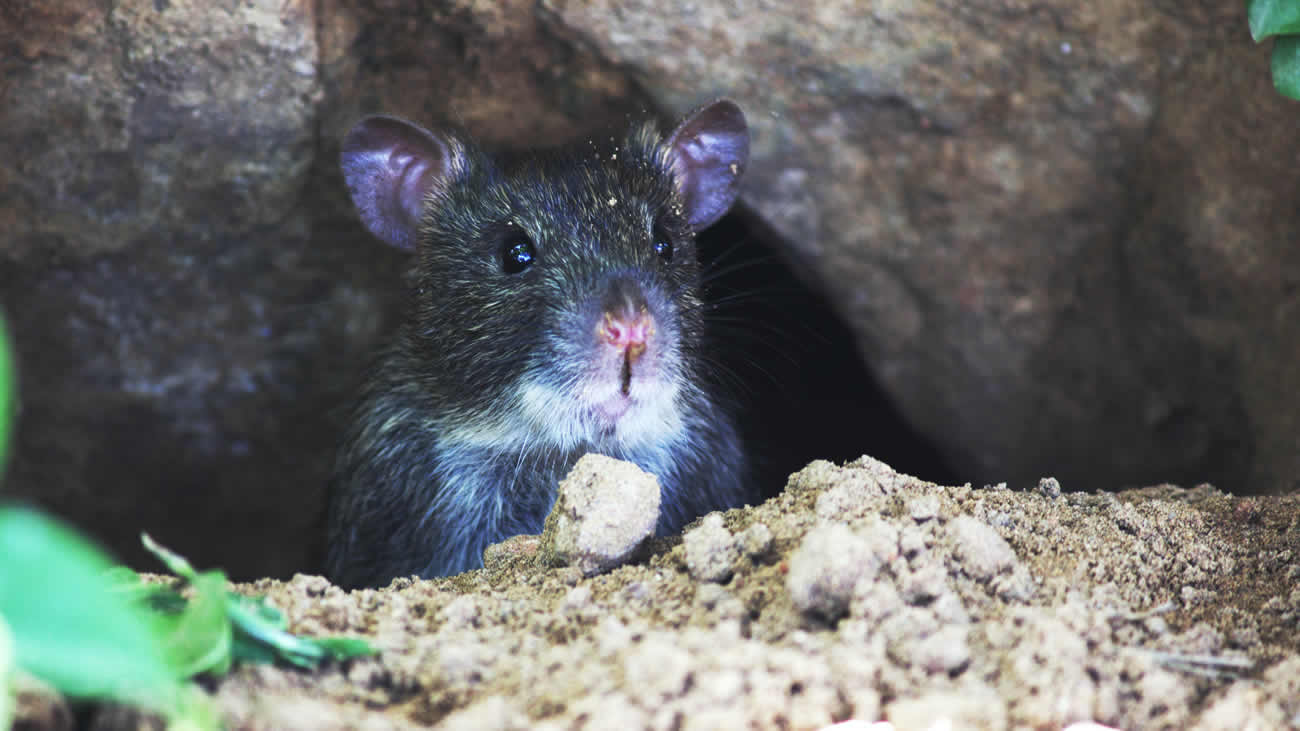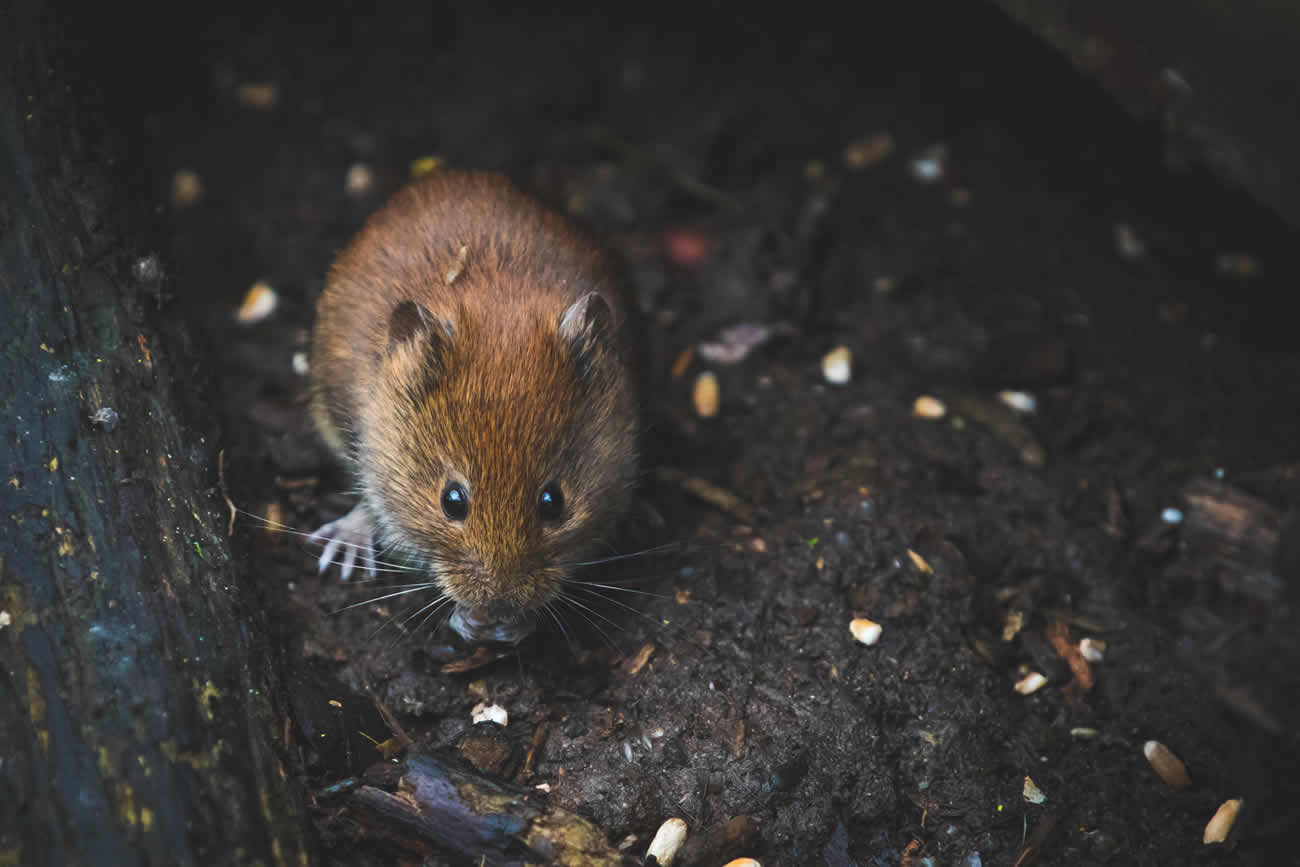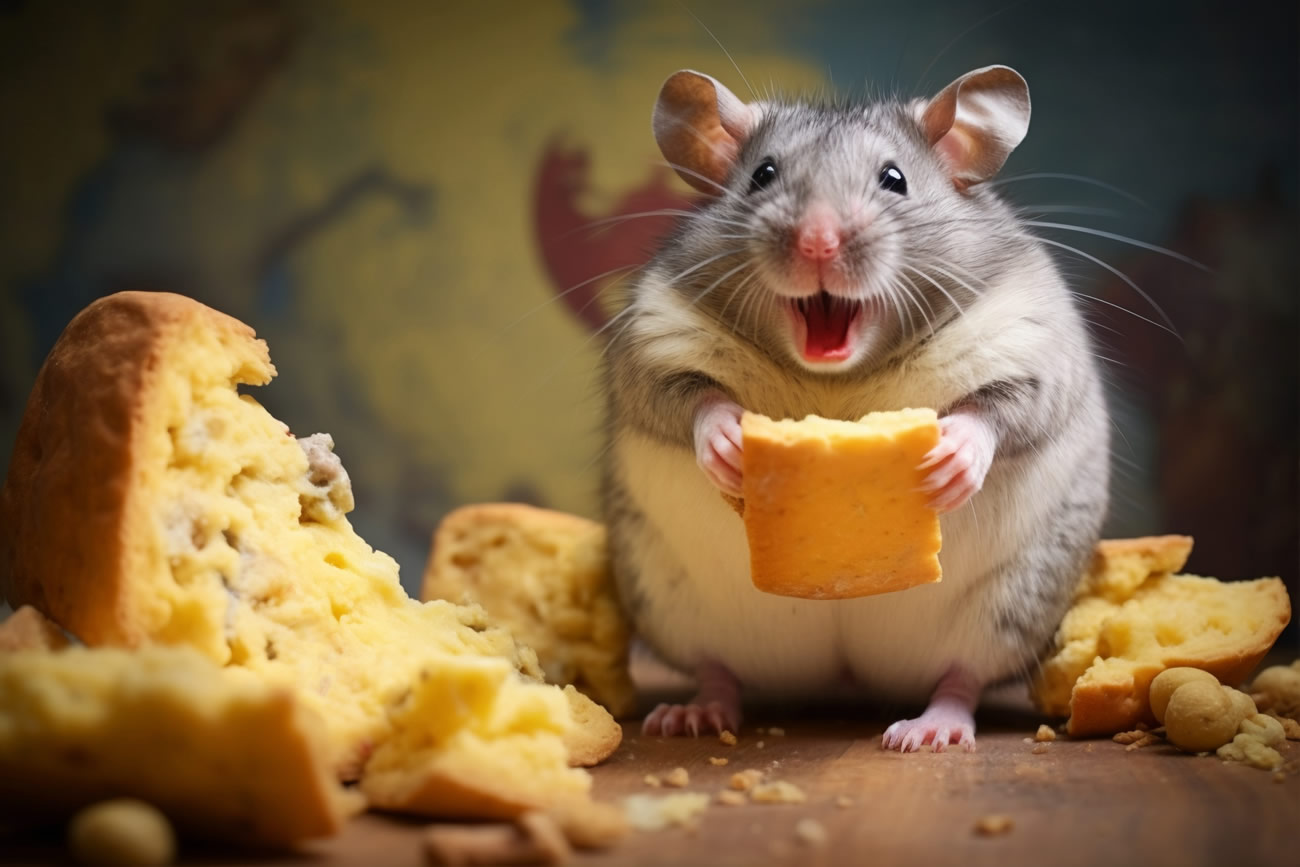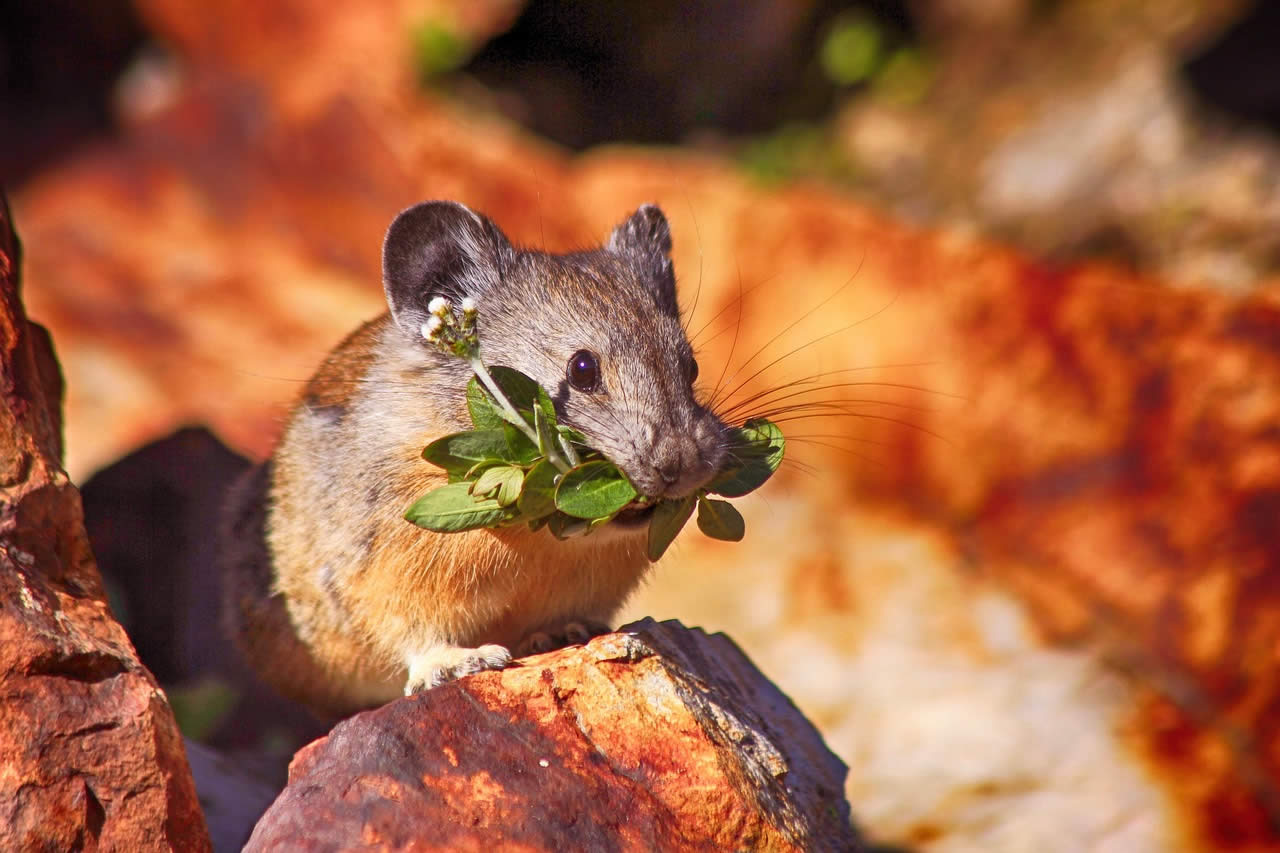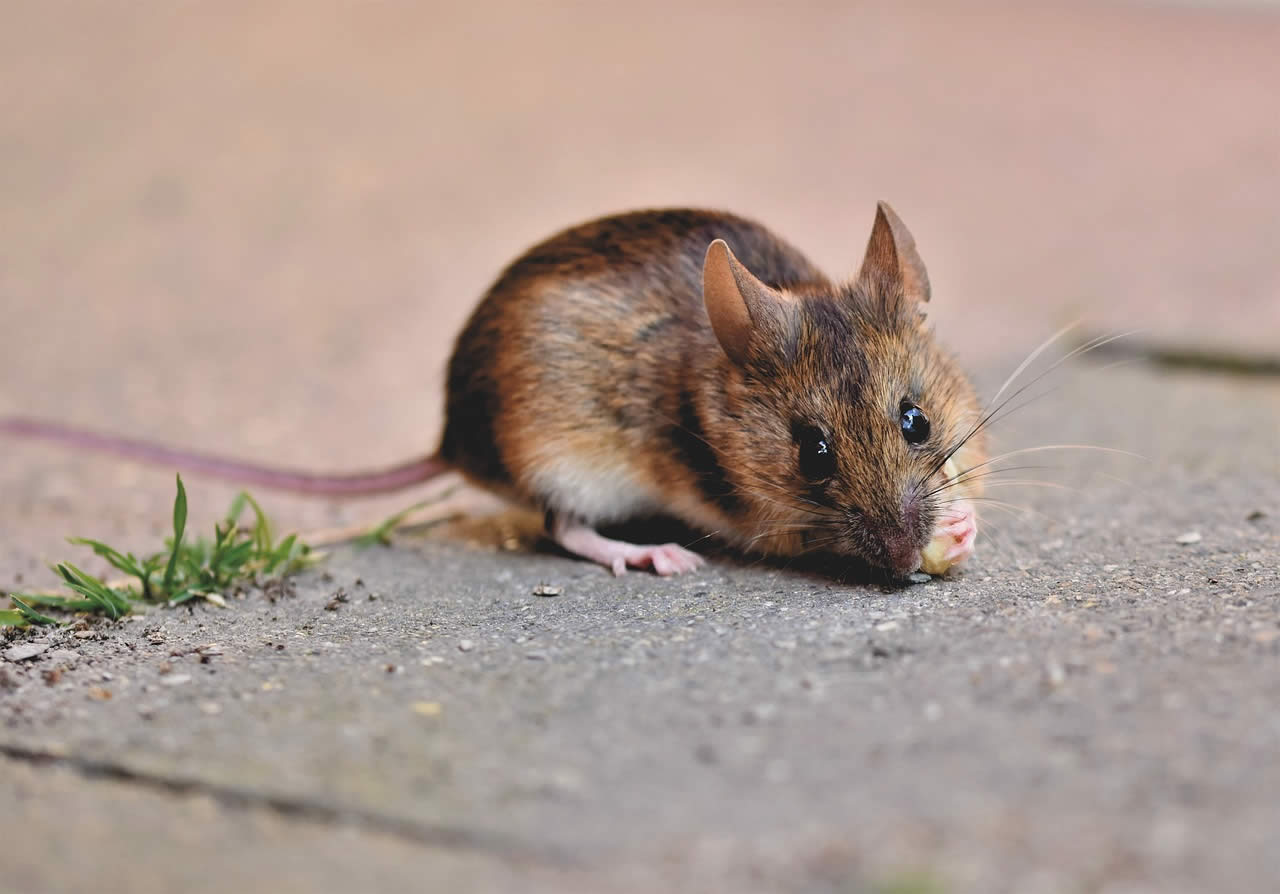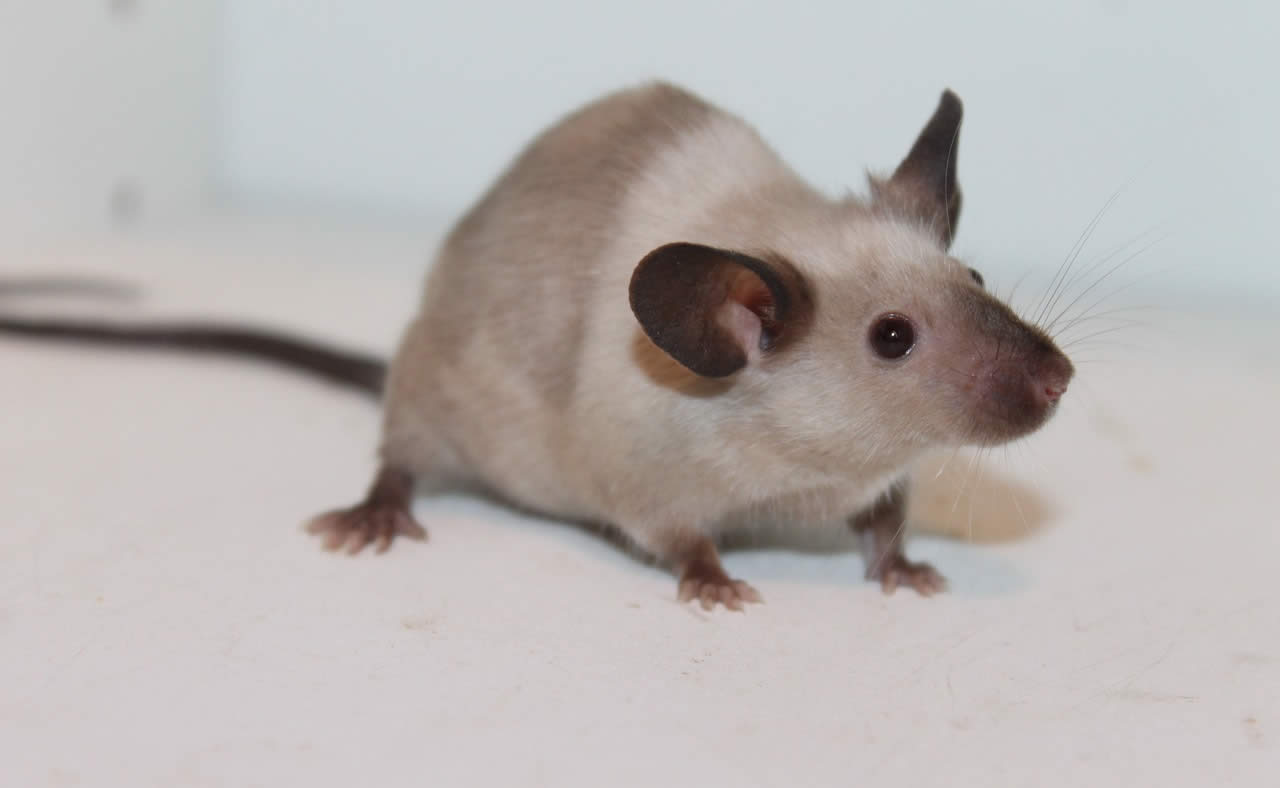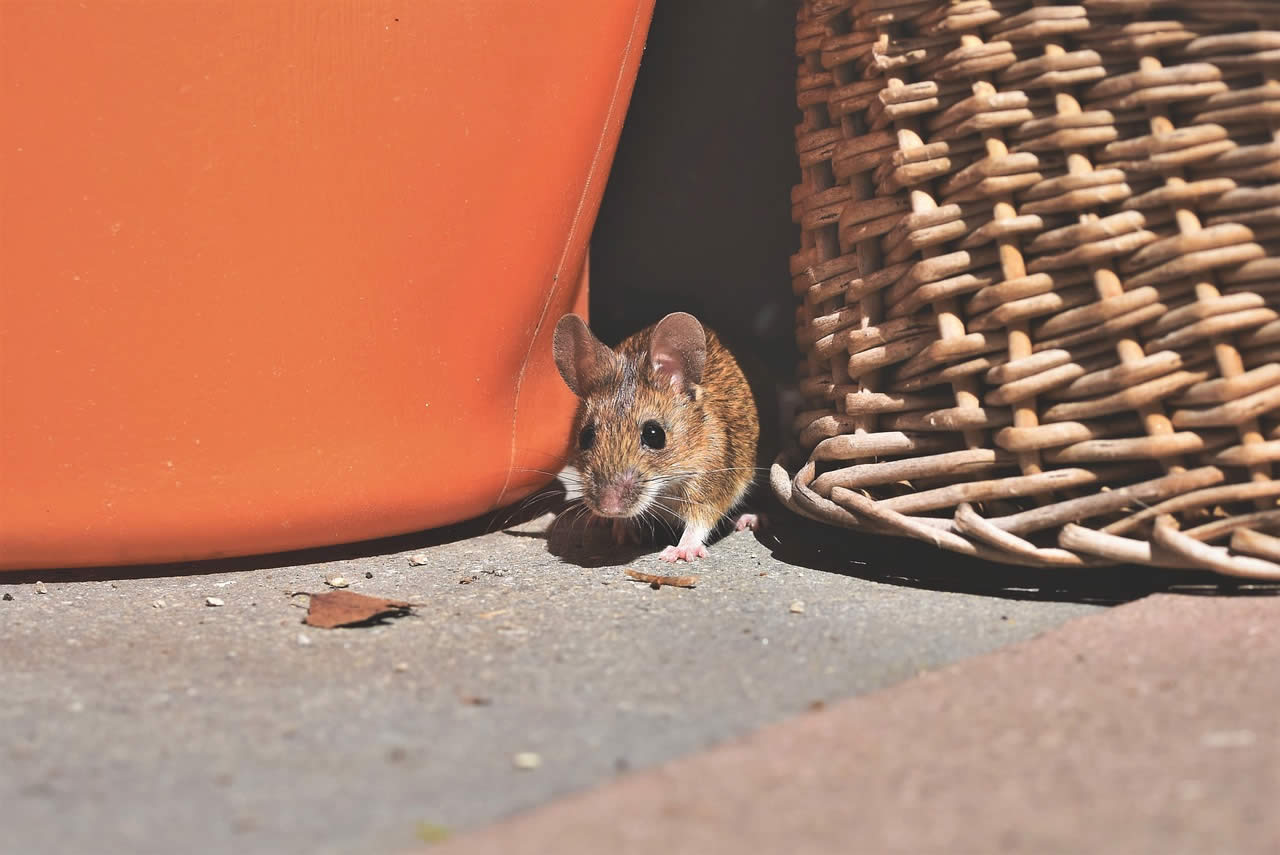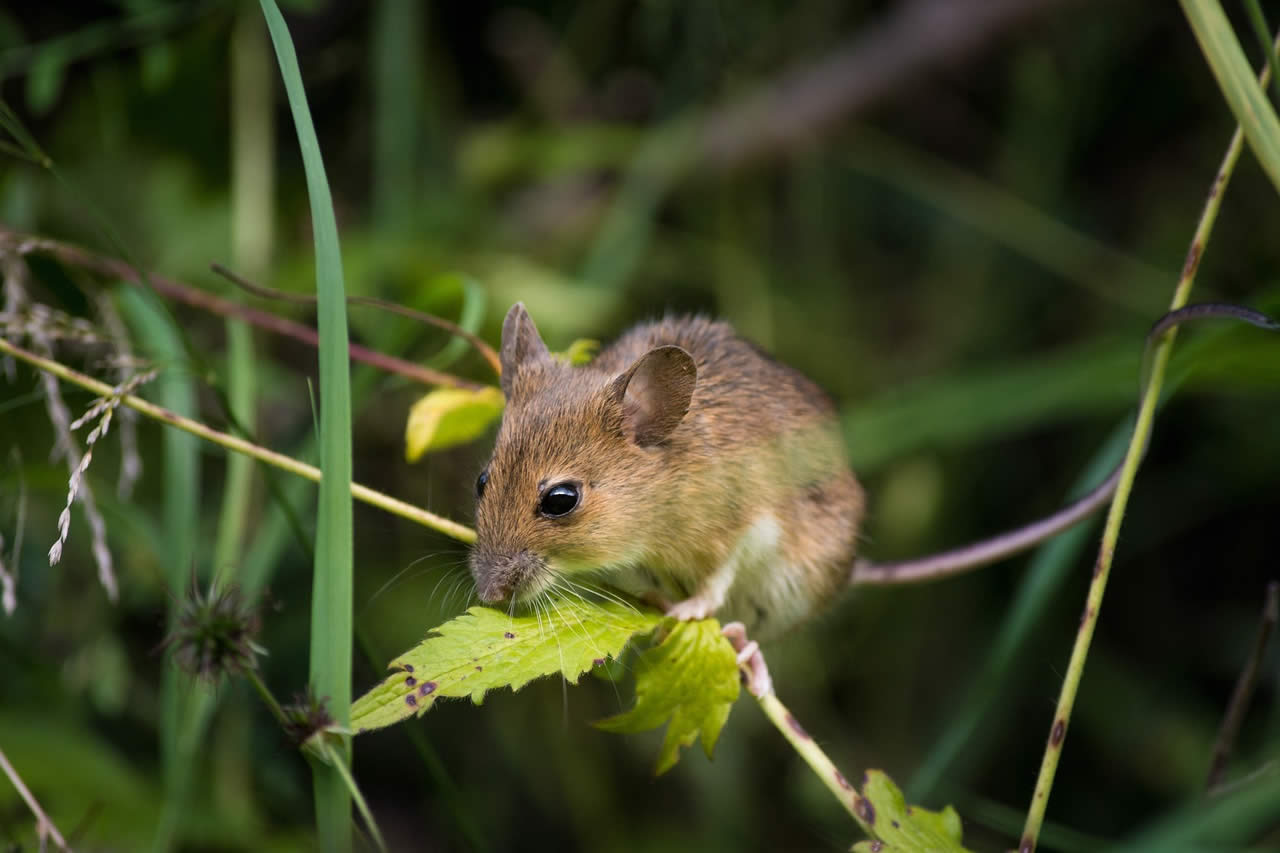Have you ever wondered what mice do during the cold winter months? As homeowners, we know that mice can be a real pest, damaging our homes, contaminating our food, and spreading disease. But when temperatures drop, do these tiny creatures hibernate like other animals, or do they persist in causing problems for us?
In this blog post, we will delve into the behaviour of mice during the winter season. We will explore whether or not mice hibernate and shed light on what that means for homeowners. By examining their survival strategies and habits, we can gain a deeper understanding of how to effectively deal with these pesky critters and protect our homes during the chilly months. So, let’s embark on this informative journey and uncover the secrets of mice during winter!
Table of Contents
ToggleDo mice hibernate?
First and foremost, it is crucial to have a comprehensive understanding of what hibernation entails. In the animal kingdom, hibernation represents a remarkable state of dormancy that enables creatures to efficiently conserve energy amidst periods of limited food supplies and frigid temperatures.
When animals hibernate, their metabolic rate significantly decreases, their body temperature drops, and both breathing and heart rate reduce. This extraordinary adaptation allows them to endure extended periods without the need for sustenance or hydration, displaying nature’s remarkable ability to survive under challenging circumstances.
So, do mice hibernate? The answer is no. Unlike many other animals, mice do not hibernate in the traditional sense. However, they have a fascinating adaptation known as torpor. Torpor is a state of reduced activity and metabolism that allows mice to conserve energy during periods of food scarcity and low temperatures. In torpor, mice may enter a state of prolonged sleep, but they remain alert and can easily wake up if food becomes available. This unique mechanism helps mice survive and thrive in challenging environments, showcasing their remarkable ability to adapt and survive.
During the fall and early winter months, as the temperatures drop, mice will diligently start to prepare for the impending colder weather. They will go into overdrive, meticulously gathering and storing food supplies, and ingeniously constructing cosy nests in warmer areas to ensure their survival and comfort. However, even as the frost settles in, the resilient little creatures will remain active throughout the winter season.
Their relentless quest for sustenance and hydration will persist, as they bravely venture out in search of nourishment and water sources. While they may exhibit slightly reduced activity during periods of extreme cold, these resourceful critters will never fully succumb to a true hibernation state, always ready to adapt and brave the winter challenges that lay ahead.
This is crucial for homeowners to understand because it means that even during the harsh winter months, mice can persist as a recurring problem. As temperatures drop, they may actively seek shelter in our cozy homes, driven by the desire for warmth and a readily available food source.
Therefore, it becomes imperative to implement preventive measures to effectively keep them out, such as diligently sealing up any tiny cracks or holes they could exploit to gain entry into our living spaces. By doing so, we can safeguard our homes and maintain a pest-free environment throughout the year.
One interesting thing to note about mice and winter is their remarkable adaptability to cold temperatures. Various studies have demonstrated that these resilient creatures can actually survive in frigid climates, enduring temperatures as low as -4°F. They achieve this by ingeniously constructing burrows and intricate tunnels within the snow, creating a cozy and insulated environment to keep warm. This incredible adaptation enables mouse populations to persist even in the face of harsh winters, proving that nature has equipped them with exceptional survival strategies.
Conclusion
In conclusion, mice do not hibernate in the same way that many other animals do. Instead, they go through a process called torpor which allows them to conserve energy when food is scarce and temperatures drop. This means that mice can continue to be a problem for homeowners even during the winter months. It’s important to take preventative measures to keep mice out of our homes and to understand that even harsh winters may not completely eliminate a mouse population. By being aware of their behaviours and habits, we can better protect our homes and families from these pesky rodents.
Overview, Tips & Tricks
Mice do not hibernate in the way that some other mammals, such as bears and bats, do. However, they do have a natural tendency to conserve energy in the winter months when food is scarce. This is known as torpor.
Torpor is a state of reduced metabolism and body temperature. During torpor, mice will slow down their movements and their breathing rate, and they will become less active. This helps them to conserve energy and survive the winter without having to eat as much food.
Mice typically enter torpor in the late fall and stay in this state until the spring. They will wake up periodically to eat and drink, but they will not be as active as they are during the warmer months.
Even though mice do not hibernate in the traditional sense, they are still more active in the warmer months and less active in the colder months. This is because they are able to find more food and water when the weather is warmer. However, mice are still able to survive in cold weather, even if they are not in torpor.
Here are some tips for preventing mice from entering your home in the winter:
- Seal up any cracks or gaps in your home that could be used as entry points for mice.
- Install weather stripping around doors and windows.
- Keep your home clean and free of food scraps.
- Use traps or bait to catch mice if you see them in your home.
By following these simple yet effective steps, you can ensure that your home remains free from pesky mice throughout the entire year. By keeping your living space clean and clutter-free, sealing any potential entry points, and employing natural deterrents such as peppermint oil or ultrasonic devices, you can create an environment that is highly unappealing to these unwanted guests.
Additionally, regular inspections and maintenance, including proper food storage and waste management, will further contribute to a mouse-free home environment that promotes peace of mind and comfort for you and your family.

